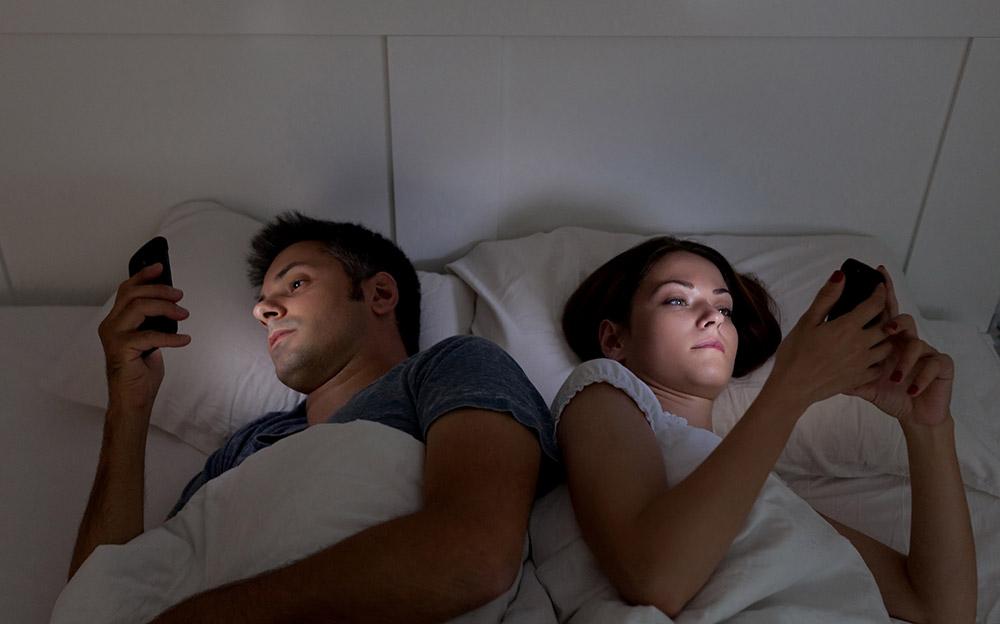Sleep is one of the most essential nutrients for human beings. It is vital to our physical, mental, and emotional health. There are some misconceptions about how much sleep we need in order to stay healthy; it's not as simple as "eight hours a day." Here, we will explore how many hours of sleep an average person needs by age group. We'll also talk about what happens when you don't get enough sleep, how sleep deprivation affects the body, and some ways that you can improve your sleeping habits.
How much sleep does an infant require?
- Infants need to sleep about 16 hours a day on average. This will gradually decrease as they grow, until it reaches the recommended 11-13 hours per night by age 15.
How much sleep does an adult require?
- Adults should get around seven to nine hours of sleep nightly in order to stay healthy and happy. (In today's busy world it has been studied and determined that a high percentage of adults do not get the recommended amount of sleep required for the body to function optimally).
How much sleep does a senior require?
- Seniors should get around seven to eight hours of sleep nightly in order to stay healthy and happy.
What are some tips and tricks for how you can improve your sleeping habits?
- Set a consistent time each day, go to bed at the same time every night, don't drink or eat anything close to bedtime (including caffeine), turn your phone off or put it on airplane mode, use white noise machines to create a calming environment for sleep.
What happens when we don't get enough sleep?
- When you go without getting the recommended amount of sleep each night this is called, “sleep deprivation.” Sleep deprivation can lead to major health issues like heart disease and diabetes. When you don't get enough sleep, it can also lead to mood swings and depression as well as weaken the immune system which makes you more susceptible to illness.
What are some tips for how you can fall asleep faster?
- Find a comfortable position that is conducive to falling asleep like lying on your back with nothing under your head or using a body pillow to make the bed more cozy. Keep your room dark and cool (or warm) with no distractions, try incorporating white noise machines or apps that can help you fall asleep faster.
What are some tips for how you can stay asleep longer?
- If there's been an event in your day that has caused anxiety or stress, don't let it keep you up at night. Although sometimes we have to face our fears and worries head on in order to overcome them, taking the time during your day may help prevent disruptions of sleep later that night. Another tip would be to try not eating or drinking caffeinated foods late in the evening as this can cause a person to stay awake later and not allow them to fall asleep at their normal time.
- It's important to keep a regular sleep schedule - going to bed around the same time each night, waking up about eight hours after you go to sleep will prevent your body from being thrown off track with its natural rhythm. Also try turning screens off an hour or two before bed.
- If your anxiety or stress has caused you to have trouble falling asleep, consider performing a soothing activity for about 30 minutes like listening to music, reading an enjoyable book or having a warm bath before going to sleep - this can help calm your nerves and relax the body enough so that it is easier for you to fall and stay asleep.
- If you're having trouble falling asleep at night, try to resist the urge to check your phone or watch TV before bed - these screens emit a blue light that can keep you awake and disrupt sleep cycles.
How does proper diet and exercise assist in better sleep?
- Try to maintain a healthy diet, eating regularly and avoiding heavy meals just before bedtime.
- Make sure you're getting plenty of exercise during the day so that your body has time to wind down and relax at night.
How does caffeine affect sleep?
- Avoid drinking caffeinated drinks after noon if possible as this can disrupt natural sleep patterns.
What should you do to improve your sleep?
- Try some of these tips and tricks if you're having trouble getting enough restful sleep:
- Go for a walk during the day or drink chamomile tea before bed - both are great ways to help calm your nerves and relax the body enough so that it can start to feel sleepy.
- Avoid the temptation of looking at your phone or tablet after dinner - they emit a blue light that can reduce melatonin levels and make it harder for you to fall asleep.
- Clear out any distractions in your bedroom before going to sleep, such as electronics and work materials. You'll find yourself more relaxed and ready for bed.
- Stop all caffeine after noon - If you drink coffee or tea in the afternoon, it can disrupt your natural sleep patterns and make it harder to fall asleep at night.
- Keep a consistent schedule when possible by waking up at the same time every day. This will give your body an idea of what's coming ahead of time, allowing your body to get ready for it.
- Don't drink any alcohol before bedtime - It can disrupt the quality of sleep and cause you to wake up throughout the night.
- Consider how much light is in your bedroom at night time by closing curtains or blinds during the day and keeping lights off when possible so that your body does not think it's daytime.
- Keep your bedroom cool and dark - A cooler temperature can help you fall asleep faster whereas a darker environment promotes sleep by reducing the amount of light that enters through your eyes, which is how our brain usually determines when to start shutting off for bedtime.
- Practice relaxation techniques before bed such as yoga or meditation.
In Conclusion:
When it comes to sleep you should try to practice good sleep hygiene. This includes a nightly routine to help your mind and body relax. Getting to bed around the same time each night, and aiming for the appropriate amount of hours recommended for optimal health for your age. If you believe that you suffer from insomnia after trying all of the recommendations for better sleep that we have listed in this post, then we highly recommend talking with your doctor. Together, you can both come up with a plan and a strategy to get better quality sleep on a nightly basis.






















